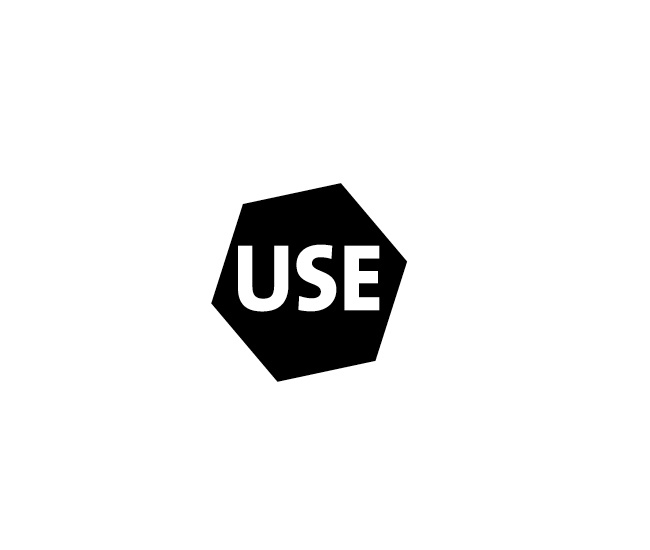QUESTION TAGS for Class 10 ENGLISH
WHAT IS QUESTION TAG ?
Question tags are nothing but just a confirmation that the speaker seeks from other person, he is talking to, even though he knows what he is asking is true. Let me explain. Suppose I am talking to you. I have no idea what kind of person you are. If I ask you “Are you clever?” you might reply; “yes” or “no”. But think about the case where I literally feel that you are clever. Now I would not ask you like “Are you clever?”, rather I would say “You are clever, aren't you?” Here, it's just a formality because I know that you are clever. This "aren't you" is nothing but a question tag.
मानो मैं आपसे बात कर रहा हूँ | मैं नहीं जानता कि आप किस तरह के इंसान हैं | अगर मैं आपसे पूछूँ "क्या आप चालाक हैं?" तो आपका उत्तर होगा "हाँ" या फिर "ना" | लेकिन सोचिए कि अगर मैं जानता हूँ कि आप चालाक हैं, तो मैं यह नहीं पूछूंगा "क्या आप चालाक है?" बजाय इसके मैं तो ये कहूँगा की "आप चालक हैं, है ना?" या फिर कुछ इस तरह से "आप चालाक हैं, नहीं क्या?" या फिर कुछ इस तरह से "आप चालाक हैं, है की नहीं?" इस तरह से बोलने का सीधा मतलब ये है कि मैं जानता हूँ कि आप वास्तव में चालाक हो पर फिर भी मैं तो बस यूँ ही आप से पूछ रहा हूँ | ये सब - "है ना?", "नहीं क्या?", "है कि नहीं?" आदि Question tags कहलाते हैं |
If the sentence is positive, then the question tag will be in negative form. Example: If the sentence is “He is good.” Then the question tag will be “isn't he?”
If the sentence is negative, then the question tag will be in positive form. Ex: If the sentence is “He is not good.” Then the question tag will be “is he?”
अगर वाक्य सकारात्मक है, तो question tag नकारात्मक होगा | अगर वाक्य है “He is good.” तो question tag होगा “isn't he?”
अगर वाक्य नकारात्मक है, तो question tag सकारात्मक होगा | अगर वाक्य है “He is not good.” तो question tag होगा “is he?”
FORMATION OF QUESTION TAGS
Question tags are formed by the same verb of the sentence (auxiliary verbs, the verb to be and modal verbs).
Question tags एक ही क्रिया (auxiliary verbs, the verb to be and modal verbs) से बनते हैं।
Their structures are:
Positive sentence + negative tag:
Negative sentence + positive tag:
He is not going to the army, is he?
We are not going to the party, are we?
They couldn’t arrive yesterday, could they?
USE OF QUESTION TAGS

We use question tags as questions where we just want to know the answer or to ask for agreement when we already know the answer:
हम question tags का उपयोग उन प्रश्नों के रूप में करते हैं जहां हम केवल उत्तर जानना चाहते हैं या जब हम पहले से ही उत्तर जानते हैं और बस सहमति चाहते हैं:
EXAMPLES
1. I’m right,_______?
Answer: I’m right, aren’t I?
2. Shut up, _________?
Answer: Shut up, can’t you / can you / will you?
3. Don’t forget,_______?
Answer: Don’t forget, will you?
4. Move a bit, ________?
Answer: Move a bit, would you / will you / can you?
5. Let’s go for a walk, ________?
Answer: Let’s go for a walk, shall we?
6. You never say what you are going,_______?
Answer: You never say what you are going, do you?
7. There is little we can do about it, _________?
Answer: There is little we can do about it, is there?
8. Somebody wanted a pizza, _________?
Answer: Somebody wanted a pizza, didn’t they?
9. He has a daughter, ________?
Answer: He has a daughter, hasn’t he / doesn’t he?
10. There weren’t any issues, ________?
Answer: There weren’t any issues, were there?
11. Ravi wants to be an actor, ________?
Answer: Ravi wants to be an actor, doesn’t he?
12. Julia visited you yesterday, ________?
Answer: Julia visited you yesterday, didn’t she?
PRACTICE QUESTIONS
1. Mr. McGuinness is from Ireland,________?
Answer: Mr McGuinness is from Ireland, isn't he?
2. The car isn't in the garage,________?
Answer: The car isn't in the garage, is it?
3. You are John,_______?
Answer: You are John, aren’t you?
4. She went to the library yesterday,________?
Answer: She went to the library yesterday, didn’t she?
5. He didn't recognize me,________?
Answer: He didn't recognize me, did he?
6. Cars pollute the environment,_________?
Answer: Cars pollute the environment, don’t they?
7. Mr. Pritchard has been to Scotland recently,________?
Answer: Mr. Pritchard has been to Scotland recently, hasn’t he?
8. The trip is very expensive,________?
Answer: The trip is very expensive, isn’t it?
9. He won't tell her,________?
Answer: He won't tell her, will he?
10. Hugh had a red car,_______?
Answer: Hugh had a red car, didn’t he?